Prolific production of a class of silver and base metal religious token popularly known as Ramatankas and also of those fabricated in Indo-British coin-style is an interesting phenomenon of the eighteenth-nineteenth century India. The result of a survey of such tokens indicates that these had been occasionally forced by circumstances to play a new tole in some spheres of economic activities within the country as the money of the people. It is interesting to note that such circumstance were mostly consequences of the commercial and monetary policies of the merchant rulers who had their headquarters at the city of Calcutta which is now celebrating its tercentenary. Along with a comprehensive study of the particular groups of tokens under survey, this dissertation includes also a brief discussion and illustrations of a few select specimens of both the earlier days and the later period and of ornament tokens too, as this short of illustrated exposition helps to bring out the characteristics that distinguish the first category from the rest. To portray the predicament that led to the fabrication of tokens in such a way as to serve as the money of the people if and when required, various politico-economic trends of the age have been reviewed and analysed at some length. Dr. Niyogi has rendered a conspicuous service in the field of numismatics, understood in its liberal sense by producing this scholarly dissertation which gives us all relevant information, origin antiquity…. ornaments, calligraphy etc. in respect of her chosen topic in which our knowledge falls short of our interest.
Money of the People: A Survey of Some Eighteenth and Nineteenth Century Tokens of India
In stock
Free & Quick Delivery Worldwide
reviews
Bibliographic information
Title
Money of the People: A Survey of Some Eighteenth and Nineteenth Century Tokens of India
Author
Edition
Reprint
Publisher
Indian Museum, 2006
Length
xiv+110p., Tables; Notes; References; Appendices; Maps; Index; 25cm.
Subjects

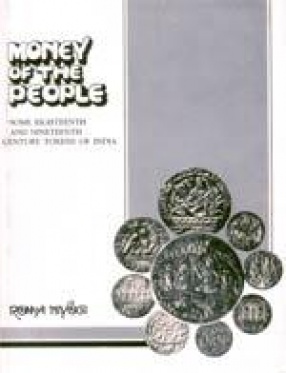
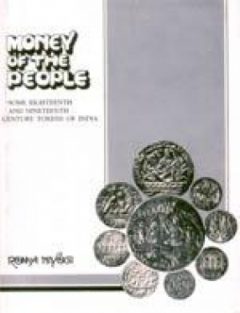
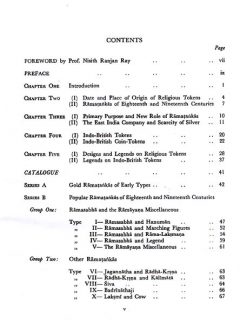
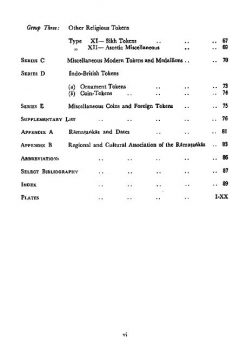

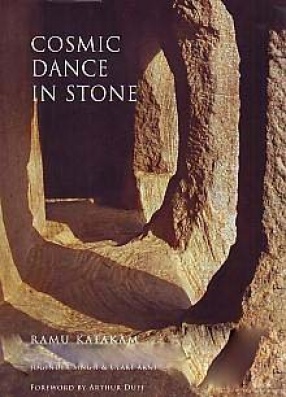
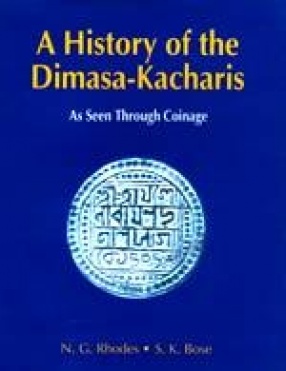
There are no reviews yet.